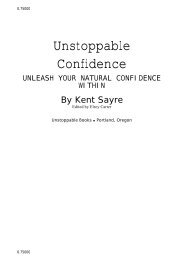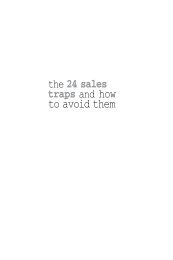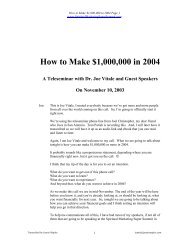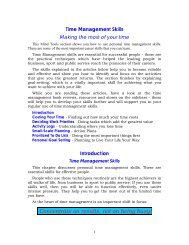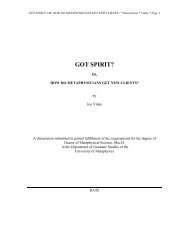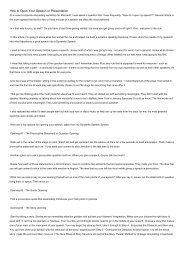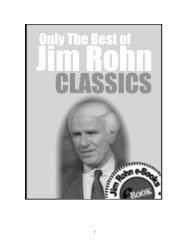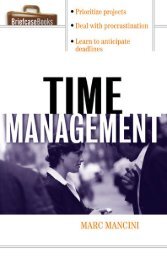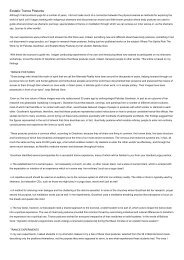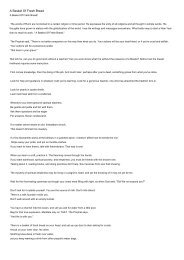Executive Coaching - A Guide For The HR Professional.pdf
Executive Coaching - A Guide For The HR Professional.pdf
Executive Coaching - A Guide For The HR Professional.pdf
You also want an ePaper? Increase the reach of your titles
YUMPU automatically turns print PDFs into web optimized ePapers that Google loves.
98 EXECUTIVE COACHING<br />
............................<br />
Experienced coaches will have a good sense of when the timeline<br />
is stretching out and will dig into the causes. It could be<br />
the client’s workload, but it could be lots of other things too. If the<br />
assignment in fact turns out to be more difficult or a bigger one than<br />
was thought, recontracting is in order. If the cause is “resistance” of<br />
some kind, then it’s up to the coach and the client to deal with it.<br />
Scope Creep<br />
Scope creep is a different matter. <strong>Coaching</strong> differs from other kinds<br />
of consulting in that the focus is entirely on one individual. It is obvious,<br />
of course, that the individual client is embedded in a web of relationships<br />
within the organization and elsewhere. It is not uncommon<br />
for some of those other people to become engaged in the client’s<br />
coaching process in more than a passing manner.<br />
Most often those other people are the client’s direct reports<br />
and/or boss. What began as individual coaching slowly shifts into<br />
team building, conflict mediation, or some other form of professional<br />
service. <strong>The</strong> initial contract might have set limits about this<br />
kind of “scope creep,” but most do not.<br />
Depending on how extensive the additional work may be, the<br />
coach may simply incorporate it into the original assignment. However,<br />
the additional work may require a greater commitment of time<br />
or resources, as well as exceed the boundaries of the original agreement.<br />
Even if the coach does extend the assignment in this manner,<br />
it should be done with the informed agreement of all the<br />
stakeholders.<br />
As a matter of good practice, we would encourage coaches to<br />
stick to the original deal. When that work is done, then a new proposal<br />
can be put forth to outline the additional work.<br />
<strong>Professional</strong> Limits<br />
<strong>Professional</strong> limits represent another kind of boundary that coaches<br />
should be thinking about. Coaches usually have a reasonably broad<br />
repertoire of competencies, but no coach knows how to handle<br />
every kind of client!



